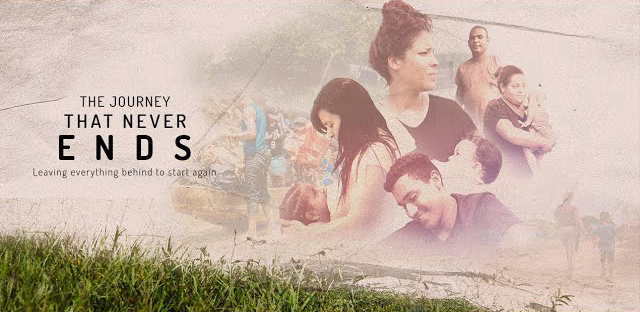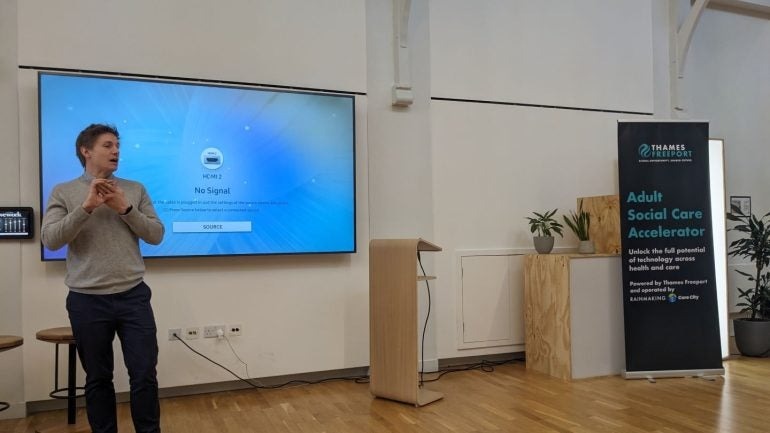
Charlie Rowat, startup programme director at Rainmaking, introduced South Korean startups who showcased technologies with potential application in UK dementia care. Credit: Frankie Fattorini / GlobalData
Under the mounting strain of an aging population, the UK could look to South Korean medtech innovation to ease the pressures of dementia care on the NHS.
On April 2, medtech startups from South Korea showcased their technologies for dementia detection and care in London. The event, part of a collaboration between the Thames Freeport economic zone, venture developer Rainmaking, and community interest company Care City, positioned Korean tech innovation as a solution to alleviate pressure on the UK’s National Health Service (NHS).
New demographic realities present challenge for the NHS, already grappling with high demand and anticipating further strain from an aging population. In January 2025, UK health and social care secretary Wes Streeting announced an additional £86m to enhance adult social care, while the government plans to publish new policy for the Better Care Fund for 2025 to 2026, directing $9bn to shift care from hospitals to communities and from sickness to prevention.
“The challenges in social care will not be fixed by throwing more money, [more] people. It requires new ways of delivering services and a massive effort towards technology-enabled preventative intervention”, countered Tom White, innovation and net-zero director at Thames Freeport. This, he shared, is the goal of the Adult Social Care Accelerator, the hosting organisations’ collaborative project bringing overseas innovation to the UK.
The startups selected through the Seol Digital Foundation have demonstrated success in Korea with solutions to healthcare in aging populations which are highly translatable to the UK, according to Daniel Avery, head of venture building at Rainmaking. Avery explained that the Thames Freeport aims to build a hub for such companies in the UK, along with Europe and the US, by guiding startups in overseas markets.
According to GlobalData analyst Andrew Thompson, data collection is the obvious way in which technological innovation can aid in this regard. “The UK NHS already has a well-established community nursing service, who are increasingly entering records digitally”, he commented and well positioned to benefit from an influx of accurate, real-time data on patient wellbeing.
Silvia
Silvia co-founder and CEO Myungjin Ko, MD, showcased the company’s app for early dementia prevention. The app is aimed at patients with mild cognitive impairment, around one in five people over 65 years, in what Ko termed the “golden window” for cognitive improvement before dementia becomes debilitating.
The app offers patient-tailored regimens of cognitive tasks, physical exercise, and general health advice aimed at slowing the progression of dementia. Ko cited a 2022 study published in the Journal of Alzheimer’s Disease in which Silvia users showed a 17% improvement in memory scores (K-PRMQ) compared to a paper-based control group.
Silvia tracks patients’ performance and adjusts its regimen accordingly, Ko said. Further, it collects data to share with caregivers and family to inform clinical treatment. Speaking with Medical Device Network, Ko said the company is currently seeking initial research collaboration in the UK in 2025 before establishing a foothold for its app.
Seven Point One
Seven Point One’s artificial intelligence (AI) powered, remote AlzWIN dementia diagnosis system was outlined by the company’s CEO Evan Lee. Lee noted that the majority of patients in the earliest stages of dementia remain undiagnosed and highlighted how Seven Point One’s system presents an objective way to identify these hidden patients.
Within two minutes, participants can be questioned over the phone and have their answers analysed by the AI technology, according to Lee. Given a cognitive score from zero to 100, patients are able to track their mental function and gain early diagnosis for dementia.
Over 10,000 patients have already been diagnosed this way in Korea, said Lee, with plans to expand operations into the UK. Lee told Medical Device Network that, as the system can be run by AI, it could significantly ease pressure healthcare professionals. He noted the grading system could allow NHS GPs to triage patients according to dementia progression for personalised care.
InHandPlus
InHandPlus is developing its AI smartwatch to analyse the behaviour of elderly dementia patients and improve medication adherence while tracking relevant biometric signs. Hwiwon Lee, founder and CEO, presented the watch, currently available in South Korea, and outlined the company’s plans to enter the European market.
Data collected from the watch’s inbuilt camera is processed by its internal AI chip, able to accurately identify medicines and food ingested by patients and feed this data back to caregivers. It can also build custom medicine schedules for patients with adaptive reminders, which Lee says could overcome current difficulties in enforcing dosing schedules remotely.
InHandPlus is collaborating with Bayer and Merck KgA to apply the smartwatch for clinical trial settings, where it has led to improved medicine adherence of 20%-30%, according to Lee. He says it has particular application for memory-impaired patients, especially those with complex dosing regimens.
JCFTechnology
JCFTechnology presented its second-generation McKare radar sensor system, aimed at prevention and rapid response to emergencies among elderly or compromised patients. Radar sensors can be mounted on surfaces at care facilities or even patient homes to relay data of patients’ location, biometrics, and risk of emergency to carers and families, as JCFT senior manager Allen Chung explained.
The company is currently installing a system in a care facility in Abbcross in Romford, London, as part of a pilot test for the product in the UK, said Chung. Meanwhile, JCFT is also developing a third generation of sensors with AI capabilities.
Chung told Medical Device Network that the company plans to use its Abbcross installation to demonstrate the degree to which UK carers’ workloads can be reduced through radar monitoring and hopes its success will lead to adoption by other care facilities in the area.
GlobalData’s business fundamentals senior analyst Ophelia Chan says: “Oncology continued to dominate as the leading therapeutic area for IPOs this year, highlighted by CG Oncology’s $437m upsized IPO—the largest and first of the year. The company’s robust clinical data and ability to secure substantial capital have contributed to its strong performance in 2024.”
After a quiet summer, the IPO market reached full swing in autumn when Bicara Therapeutics, Zenas BioPharma, and MBX Biosciences all opened on the NASDAQ on the same Friday in September. The ‘triple-header event’ saw the three companies pull in over $700m combined. It was no surprise that the surge in activity came after the Federal Reserve’s decision to lower interest rates for the first time in years, ushering in a more inviting funding environment. This fruitful month was a stark contrast to August, which saw a significant global stock market dip amid fears of a US recession.
In June, Telix Pharmaceuticals – an emerging player in the fast-growing radiopharmaceutical space – pulled a last-minute plug on its IPO. The Australian company had been planning to list on NASDAQ and was on course to raise $232m – a value that would have placed it high on the list of biotech IPO sizes this year. Telix cited that its board did not move forward with the plans due to market conditions at the time.
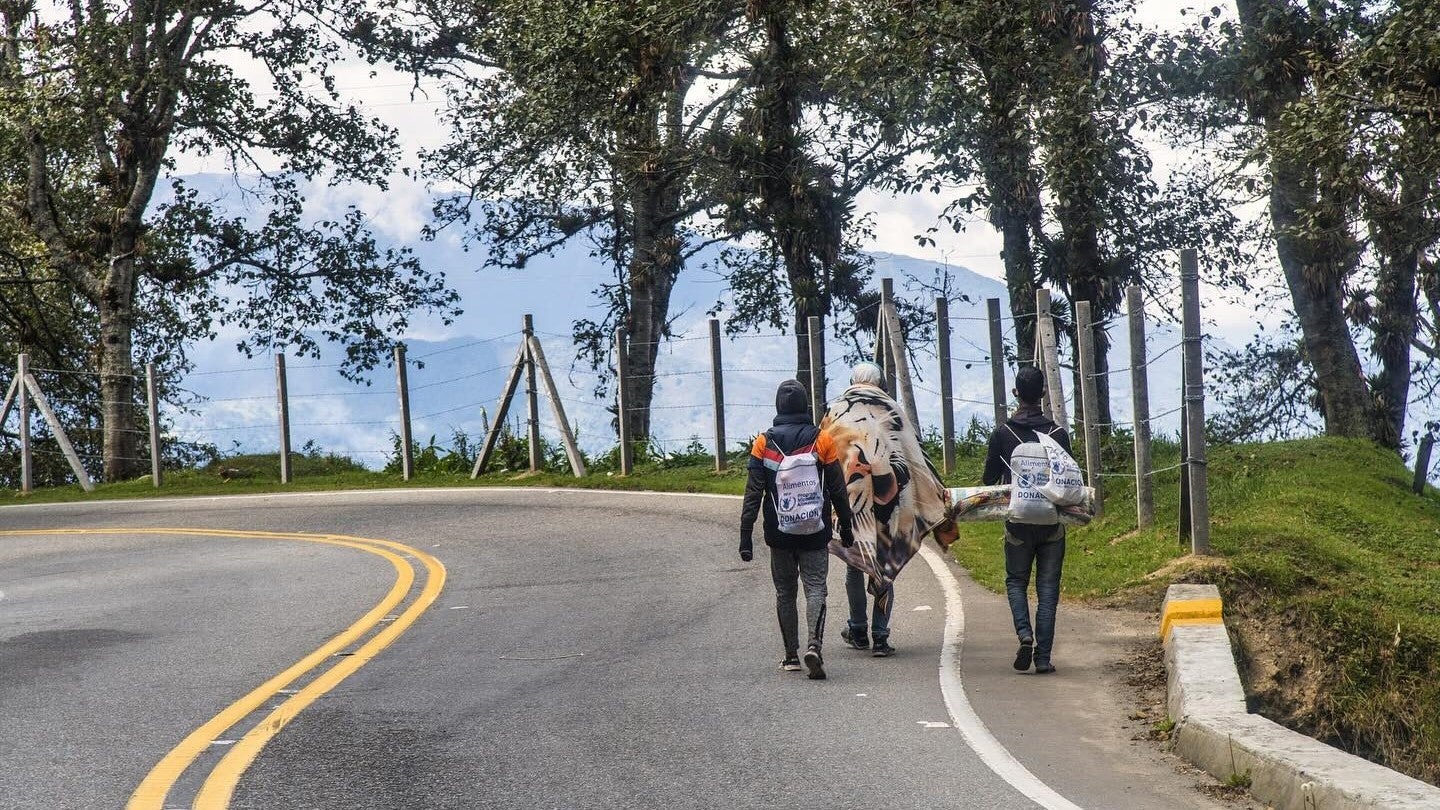
On The Ground International assists Venezuelan caminantes (pictured) between Pamplona and La Laguna, Santander, Colombia. Credit: On The Ground International / Facebook
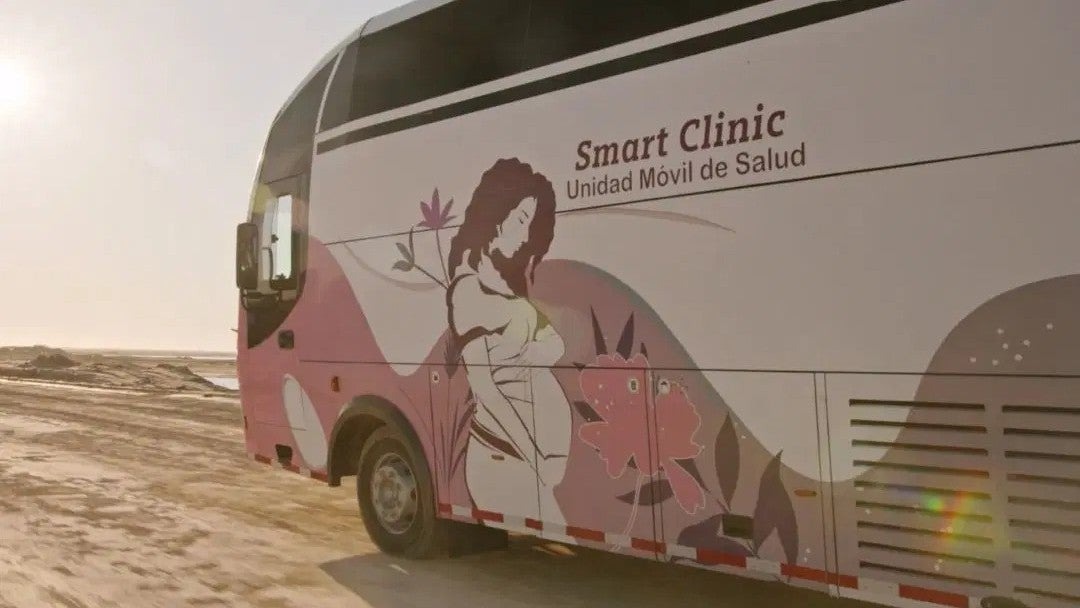
The Smart Clinic in La Guajira, Colombia. Credit: Siemens Healthineers
Numb feet, bleeding legs and dehydrated bodies mark their journeys – not to mention infectious diseases and psychological trauma. Studies have identified outbreaks of measles, diphtheria and malaria across Venezuela, while tuberculosis, typhoid and HIV, are also resurgent.
Caption. Credit:
Once we see where those changes are, we can plan where we’re going to cut the bone.
Dr Lattanza
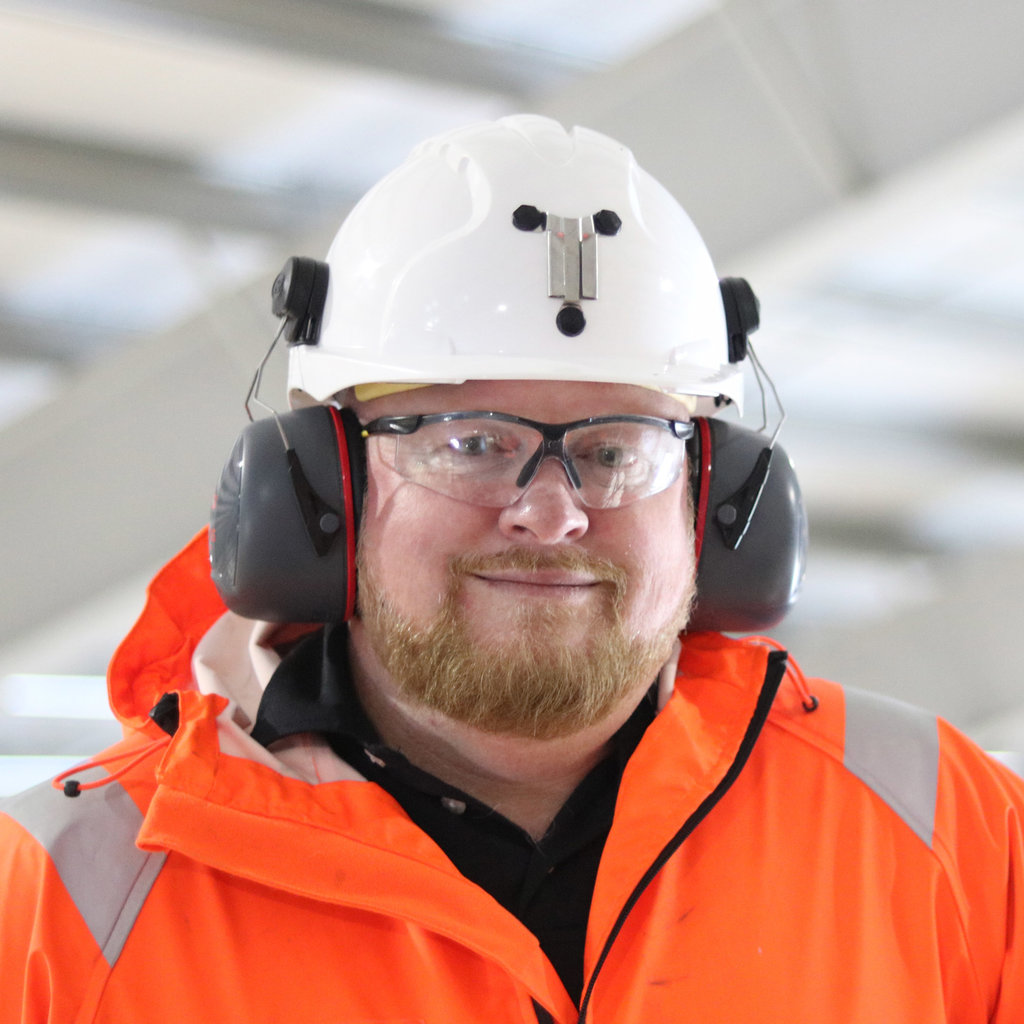
Phillip Day. Credit: Scotgold Resources
Total annual production
Australia could be one of the main beneficiaries of this dramatic increase in demand, where private companies and local governments alike are eager to expand the country’s nascent rare earths production. In 2021, Australia produced the fourth-most rare earths in the world. It’s total annual production of 19,958 tonnes remains significantly less than the mammoth 152,407 tonnes produced by China, but a dramatic improvement over the 1,995 tonnes produced domestically in 2011.
The dominance of China in the rare earths space has also encouraged other countries, notably the US, to look further afield for rare earth deposits to diversify their supply of the increasingly vital minerals. With the US eager to ringfence rare earth production within its allies as part of the Inflation Reduction Act, including potentially allowing the Department of Defense to invest in Australian rare earths, there could be an unexpected windfall for Australian rare earths producers.
